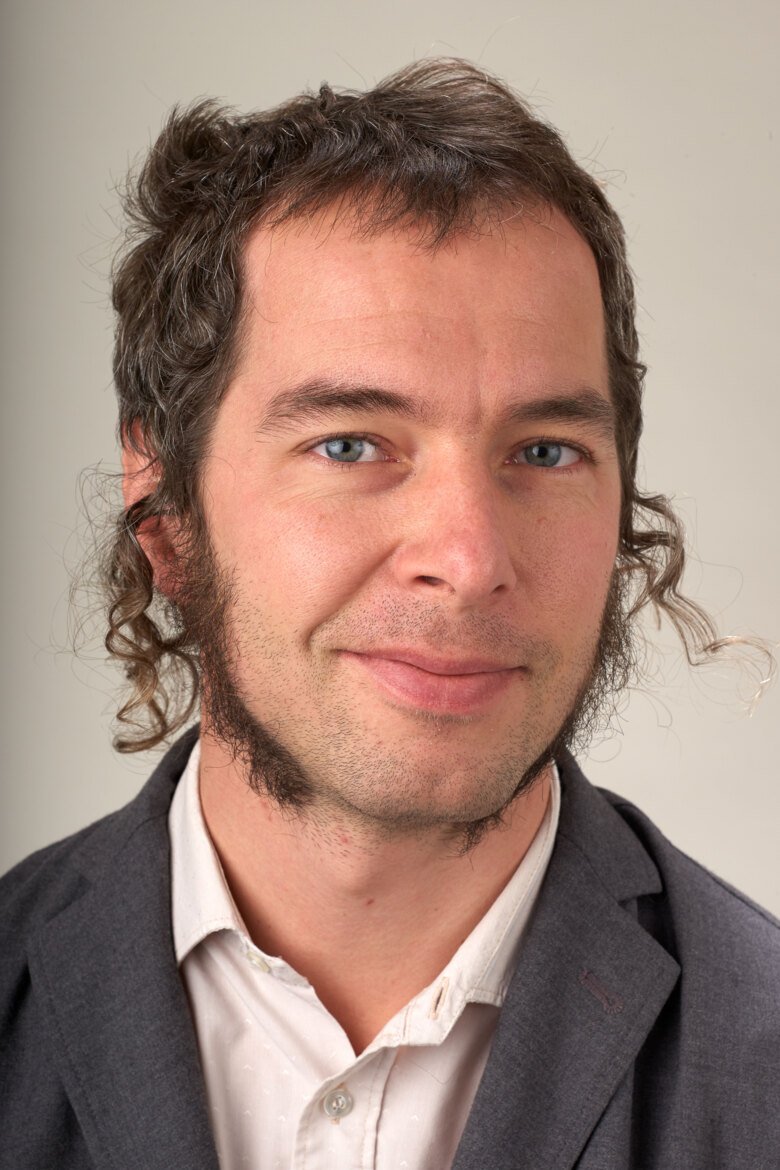Digital CBT effective for severe COVID-19 worry

Worry about COVID-19 dominates some people’s lives in a way that has an impact on their health. A group of researchers at Karolinska Institutet in Sweden has developed a digital CBT programme that significantly reduced the participants’ unhelpful worry about the pandemic. The study is published in Psychotherapy and Psychosomatics and the programme is available through 1177 Vårdguiden.
A great many people in Sweden and around the world have been infected with COVID-19 in a short space of time. Meanwhile, much has been done in society to limit transmission. It is completely normal to worry at times like this, and for the vast majority of people the anxiety requires no intervention.
However, in some people, worry turns into unhelpful worry, which is to say that it takes over their lives in a detrimental way, leading to a heightened state of anxiety, insomnia, concentration difficulties, low mood or excessive use of alcohol and drugs.
Managing COVID-19 anxiety

Last spring, researchers at Karolinska Institutet with experience of dealing with anxiety-related problems developed a digital, CBT-based self-help programme designed to reduce unhelpful worry associated with COVID-19.
“The digital self-help intervention ‘Hantera oro vid covid-19’ (Managing COVID-19 worry) is completed in three weeks without any contact with a therapist,” says the paper’s first author Tove Wahlund, psychologist and researcher at the Department of Clinical Neuroscience, Karolinska Institutet. “The main reason for developing an entirely self-guided online intervention was to create a scalable and easily accessible solution that didn’t put additional pressure on the already burdened healthcare services.”
Available on 1177 Vårdguiden
The researchers evaluated ‘Hantera oro vid covid-19’ during the spring and summer by randomly assigning 670 participants to two groups, one that started the CBT programme immediately and one that was required to wait for three weeks. The groups were then compared.
The results showed that the therapy reduced the participants’ unhelpful worry by about 40 percent according to a self-rated questionnaire completed at the end of the three-week programme. During this time, the control group’s self-rated worry decreased by 17 percent, a statistically significant difference.

“The participants who underwent the therapy also showed a significant improvement in their ability to function at work and at home, and had fewer sleep problems and a lower degree of depressive symptoms,” says the paper’s last author Erik Andersson, associate professor and psychologist at the Department of Clinical Neuroscience, Karolinska Institutet.
The self-help programme is currently available to all citizens in Region Stockholm through the 1177 Vårdguiden website and app. The programme is also on its way to being adopted by other health authorities around the country.
The study was conducted by Karolinska Institutet in collaboration with Region Stockholm’s Health Services and Medical Care Administration and was financed by VINNOVA (The Swedish Innovation Agency).
Erik Andersson, Tove Wahlund, David Mataix-Cols, Elles De Schipper and Klara Olofsdotter Lauri have received grants from VINNOVA for the paper. Brjánn Ljótsson has reported a fee received from Pear Therapeutics Inc unrelated to the paper, and also holds the copyright to an IBS self-help manual, with royalties paid from Pear Therapeutics Inc. David Mataix-Cols has reported fees received from Elsevier and UpToDate, Inc unrelated to the paper. There are no other reported conflicts of interest.
Publication
“Brief online-delivered cognitive-behavioural therapy for dysfunctional worry related to the covid-19 pandemic: A randomised trial”, Tove Wahlund, David Mataix-Cols, Klara Olofsdotter Lauri, Elles de Schipper, Brjánn Ljótsson, Kristina Aspvall, Erik Andersson. Psychotherapy and Psychosomatics, online November 20, 2020, doi: 10.1159/000512843
